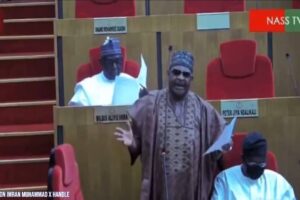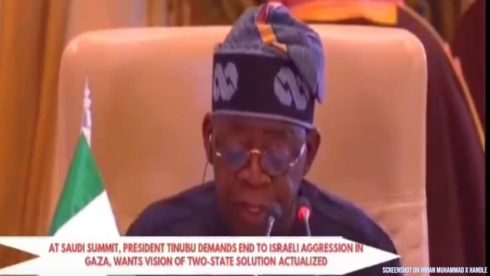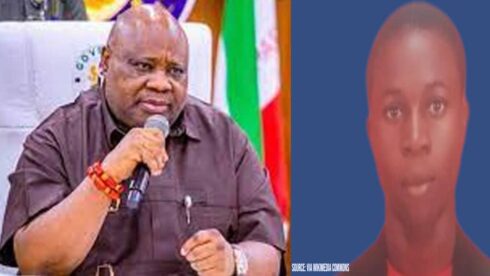The Nigeria Governors’ Forum (NGF), comprising the 36 state governors, has announced a collective budget proposal of ₦21.9 trillion for 2025. This represents a significant 31% increase from the ₦16.15 trillion allocated in 2024, highlighting the states’ ambitious plans to accelerate economic growth and development. The proposed budget is strategically divided, with ₦13.74 trillion allocated to recurrent expenditures and ₦7.42 trillion earmarked for capital projects aimed at infrastructure, job creation, and industrialization.
The fiscal proposals have been submitted to state assemblies for scrutiny and approval, marking the beginning of a crucial legislative review process. However, budget details from four states—Imo, Kebbi, Kwara, and Rivers—remain pending, potentially altering the overall figures once disclosed. Experts emphasize that the 2025 budget reflects the growing need for states to invest in development while ensuring financial sustainability and accountability.
Nigeria Governors: Regional Budget Allocations, South West Leads the Pack
An analysis of regional allocations reveals that the South West leads with a combined budget proposal of ₦6.15 trillion. This reflects the region’s economic strength, driven largely by Lagos, the commercial nerve center of Nigeria, which alone accounts for ₦3 trillion.
The North West follows with ₦3.78 trillion, prioritizing agriculture and security initiatives, while the South South, known for its oil wealth, has proposed ₦3.68 trillion. The North Central region is allocated ₦3.18 trillion, focusing on infrastructural and rural development, and the South East proposes ₦2.72 trillion. The North East, grappling with insurgency recovery, closes the list at ₦2.38 trillion.
Nigeria Governors: Top Three States with the Highest Allocations
Among the 32 states that have announced their budgets, Lagos, Niger, and Ogun rank as the top three. Lagos proposed a record ₦3 trillion, underscoring its commitment to massive infrastructure development, urban renewal, and transportation projects.
Niger State follows with ₦1.2 trillion, focusing on enhancing agricultural productivity and addressing its infrastructure deficit. Ogun, with ₦1.05 trillion, has prioritized education, industrialization, and health in its 2025 fiscal plans, aiming to solidify its position as a manufacturing hub.
The States with the Least Allocations
In contrast, Yobe, Gombe, and Adamawa are at the lower end of the budget spectrum, with ₦320.8 billion, ₦320.1 billion, and ₦268.8 billion, respectively. These budgets reflect the economic constraints and fiscal challenges facing the northeastern states.
Despite their modest proposals, these states aim to maximize impact by channeling funds into critical areas such as healthcare, education, and rebuilding infrastructure damaged by insurgency and natural disasters. Stakeholders emphasize the need for prudent management of these limited resources to ensure tangible progress.
Capital vs. Recurrent Expenditure, Striking a Balance- Nigeria Governors
Recurrent spending dominates the proposed budgets, accounting for ₦13.74 trillion. This allocation includes salaries, pensions, and overhead costs, reflecting the states’ commitment to maintaining existing services and personnel. However, this focus raises concerns about the sustainability of recurrent-heavy budgets in fostering economic growth.
Capital expenditure, allocated ₦7.42 trillion, is geared towards infrastructure development, industrialization, and job creation. Experts have called for increased investment in capital projects, emphasizing their long-term benefits in spurring economic development and reducing unemployment.
Implications and Next Steps
The proposed ₦21.9 trillion 2025 budget highlights the states’ resolve to address pressing socio-economic challenges. However, the wide disparity between states’ allocations reflects differing economic realities and priorities. Stakeholders have urged state governments to ensure transparency, accountability, and prudent resource management.
As the state assemblies begin deliberations, public engagement and input will be critical to refining these budgets to reflect citizens’ needs. Additionally, states must explore innovative revenue-generation strategies to reduce reliance on federal allocations and ensure long-term fiscal sustainability.
Table of Contents
Discover more from OGM News NG
Subscribe to get the latest posts sent to your email.














